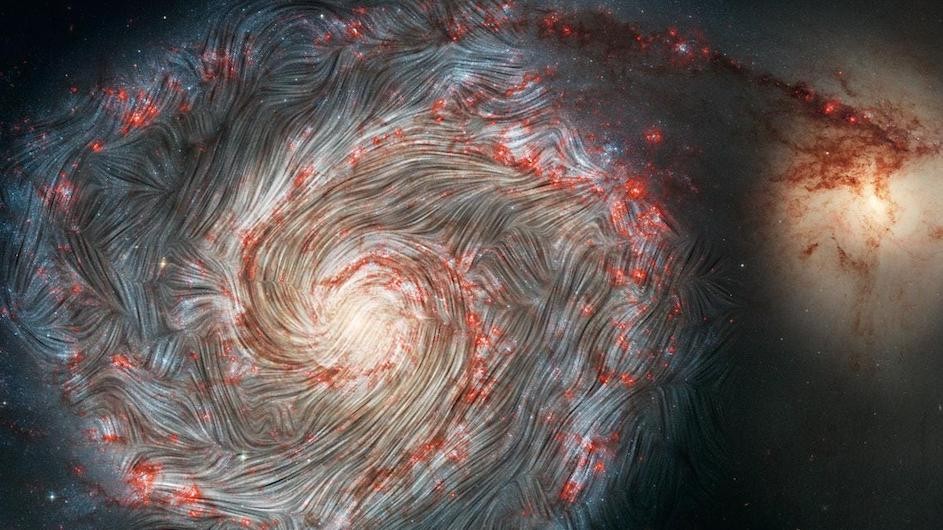
The source of magnetic fields has long been debated: New research offers clues on their origins. It isn’t just your refrigerator that has magnets on it. The earth, the stars, galaxies, and the space between galaxies are all magnetized, too. The more places scientists have looked for magnetic fields across the universe, the more they’ve found them. But the question of why that is the case and where those magnetic fields originate from has remained a mystery and a subject of ongoing scientific inquiry.
A new paper by Columbia researchers offers insight into the source of these fields. The team used models to show that magnetic fields may spontaneously arise in turbulent plasma. Plasma is a kind of matter often found in ultra-hot environments like that near the surface of the sun, but plasma is also scattered across the universe in low-density environments, like the expansive space between galaxies; the team’s research focused on those low-density environments. Their simulations showed that, in addition to generating new magnetic fields, the turbulence of those plasmas can also amplify magnetic fields once they’ve been generated, which helps explain how magnetic fields that originate on small scales can sometimes eventually reach to stretch across vast distances.
The paper was written by astronomy professor Lorenzo Sironi, astronomy research scientist Luca Comisso, and astronomy doctoral candidate Ryan Golant.
“This new research allows us to imagine the kinds of spaces where magnetic fields are born: even in the most pristine, vast, and remote spaces of our universe, roiling plasma particles in turbulent motion can spontaneously give birth to new magnetic fields,” Sironi said. “The search for the ‘seed’ that can sow a new magnetic field has been long, and we’re excited to bring new evidence of that original source, as well as data on how a magnetic field, once born, can grow.” https://news.columbia.edu/news/new-clues-source-universes-magnetic-fields









Recent Comments